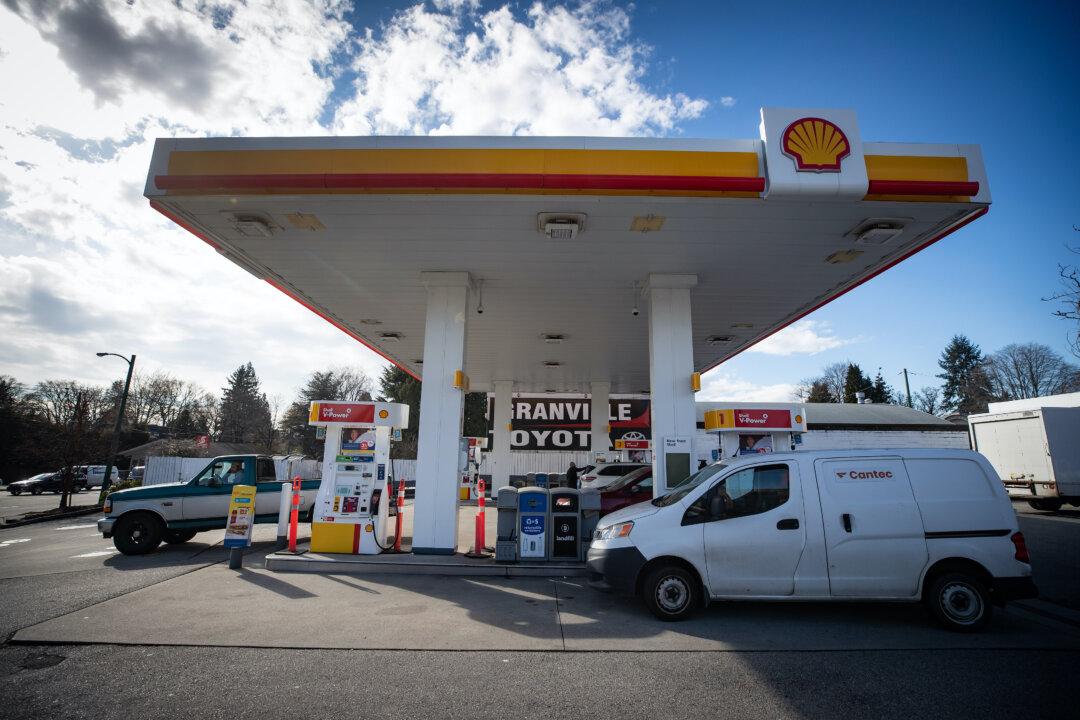Canadians can expect to see a modest drop in gas prices by the end of this week, but the reprieve will be temporary.
Dan McTeague, president of Canadians for Affordable Energy, predicts gasoline prices will go down by roughly four to five cents a litre across the country but will soon bounce back up as unprecedented demand continues to affect supply, causing the markets to overcorrect.





